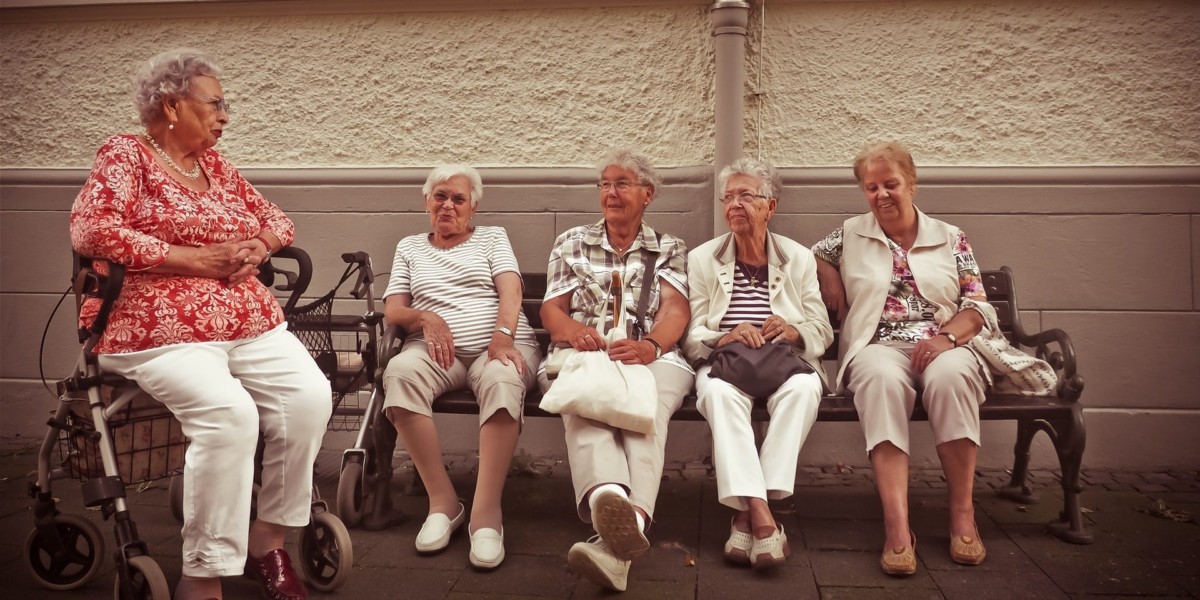
Examining Social Exclusion among the 50+ in Europe – Evidence from the Fifth Wave of the SHARE Survey
Though intuitive, the concept of social exclusion is complex and hard to measure. Recently, however, we have witnessed policymakers and international institutions increasingly pay attention to better understand material and social distress and to identify the means to improve a broadly defined standard of living. In this brief, we summarize some of the results and conclusions from a recently published First Results Book based on the latest data from the Survey of Health, Ageing and Retirement in Europe (SHARE). We discuss the approach adopted to measure material and social deprivation, and the subsequent identification of risk of social exclusion. We show that Europeans increasingly value the quality of their social life as they grow older and that factors, such as worsening health, unmet long-term care needs, loneliness or lack of social cohesion are important determinants of social exclusion among the 50+ population. If socio-economic policies are to respond effectively to the needs of older Europeans, then broader aspects of their lives need to be taken into account and public policy should go beyond simple targets of income-defined poverty.



